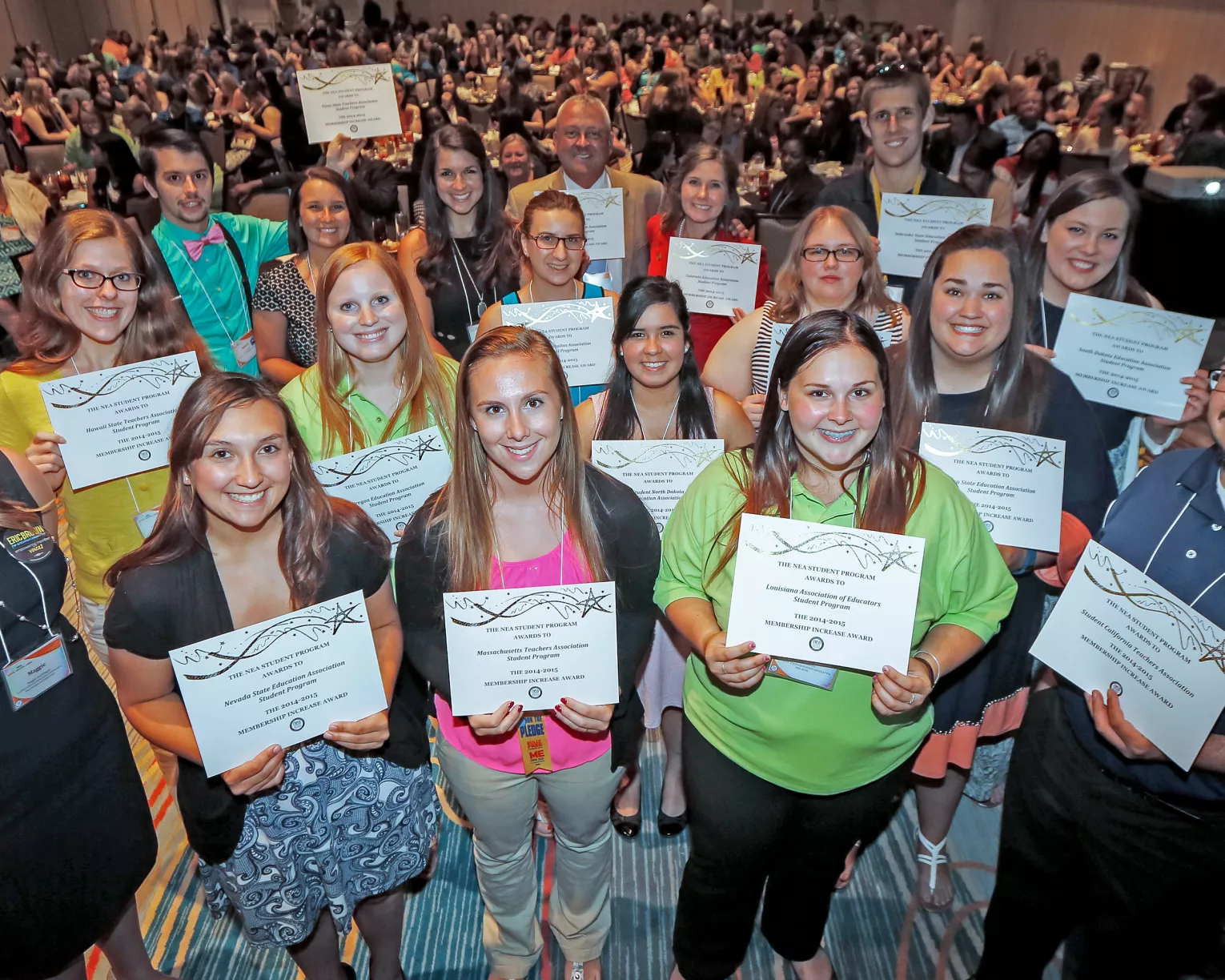Principals, district personnel directors, cooperating teachers, and university supervisors all agree there are some very basic habits that are essential for success as a student teacher. They also agree that demonstrating a commitment to these basic actions determines whether a teacher candidate will be considered for employment when seeking that first job.
Things to do every day
-
Be on time and ready – Establish a positive relationship from the beginning of the student teaching experience by making sure to be on time, ready for each day and activity.
-
Dress for success – There is a major shift of expectations for professional dress when your role changes from college student to P-12 teacher. Districts, school buildings, and preparation programs may have specific dress codes for student teachers. But, keep in mind that parents also have expectations, and administrators respond to parent opinions when considering if a student teacher would make a good employee. In keeping with a rule of thumb for presenting workshops to colleagues, dress at least one degree of formality higher than the parents and/or students you’ll be working with.
-
Attitude: Seek first to understand – In the opening ideas of the book The 7 Habits of Highly Effective People, author Stephen Covey describes the kind of empathy and influence that is created when we listen and try to understand another person’s situation, their ideas, and their concerns – when we “seek first to understand.” Hearing a student’s underlying concerns, learning the story a student’s parents tell, or understanding a colleague’s rationale for a decision can help create a supportive relationship, a partnership for success.
-
Habit of mind – Think with an “Outward Mindset” approach: Think, “what could I do to offer to help my cooperating teacher be successful today?” This is also the question to keep in mind when working with individual students, parents, and other educators in your building. Everyone has dreams, hopes, and goals. Seeing them as a person of worth, we can think “what could I do that might help this individual achieve their goals today?” There is no need to forego what you need to do, but even the act of opening a door for someone whose arms are full creates a positive attitude and an investment in the relationship.
-
Positive attitude with students and parents – Every student has individual gifts and talents where they may be able to excel. Just as we seek first to understand others, we also seek to perceive those positives that can be emphasized when connecting with students and their parents. Finding ways to allow students to use their strengths and interests is also a great way to individualize authentic projects.
-
Professionalism with students – Even as we seek to know and understand our students, being a professional educator also demands that we don’t become too strongly connected at a personal level. In an age of social media, this would include refraining from becoming friends with students on social media platforms.
-
Professionalism with colleagues – It’s only appropriate to have conversations about students and their work in settings with fellow educators working to develop strategies to enhance student success. This may include individual educational plan (IEP) meetings with parents. But conversations about students or their work are never appropriate outside of a professional context – not even with other teachers having conversation in the lounge.
-
Professionalism with the public – The first thing a district personnel office does when considering a candidate for a student-teaching placement (or for a job interview) is search their name on the internet. They’ll make sure they don’t easily find candidate photographs or postings that could create a concern for them working with parents and patrons. Parents may also perform that same search when they find out who their child will have for a student teacher or a teacher-of-record in the coming year. This may be an area where you’ll need to do damage control with old postings. Start now, and make sure friends and family are on board with helping you project a professional persona.
Just in case – What happens if you encounter a rare disagreement with what your cooperating teacher wants you to do? Begin by seeking to understand. Ask questions that show your sincere desire to understand and learn. They can often provide a worthwhile rationale and explanation to help you be successful in trying out their request. It can also offer invaluable groundwork to ask something like, “I really appreciate your direction on this topic…. It varies from how I feel I can do my best work, though. I wonder if it would be ok to try strategy ‘Y’ instead of ‘X?’” This kind of conversation may feel a bit challenging at first, so you may want to reach out to your preparation program supervisor and, at the very least, ask them to role play the conversation with you. This also allows the supervisor to give you guidance about whether following the cooperating teacher’s direction is really what you need to do or to determine if there could be underlying differences they need to determine how to address.
Are you an affiliate?


